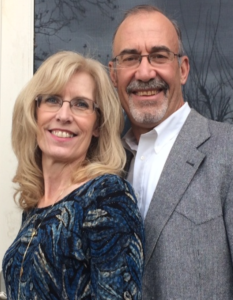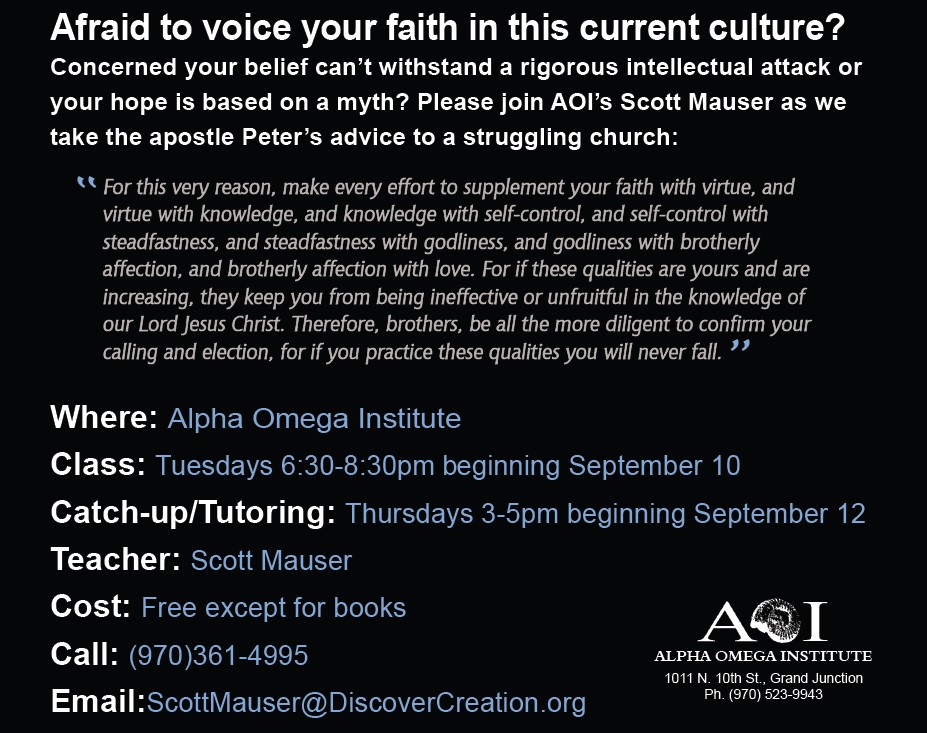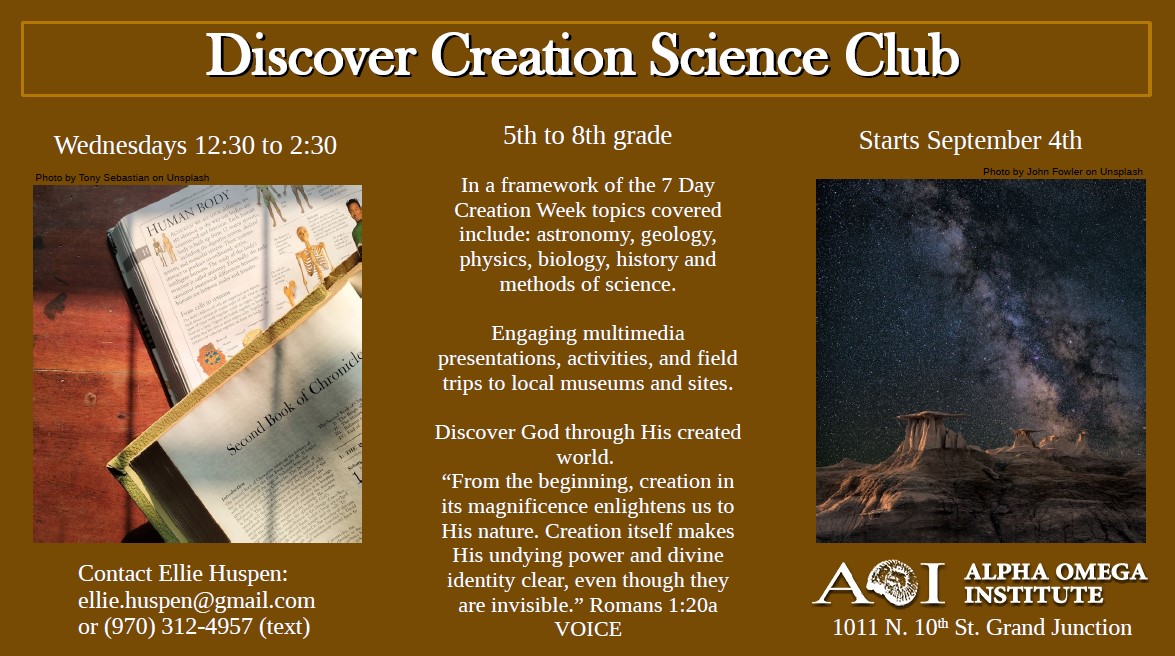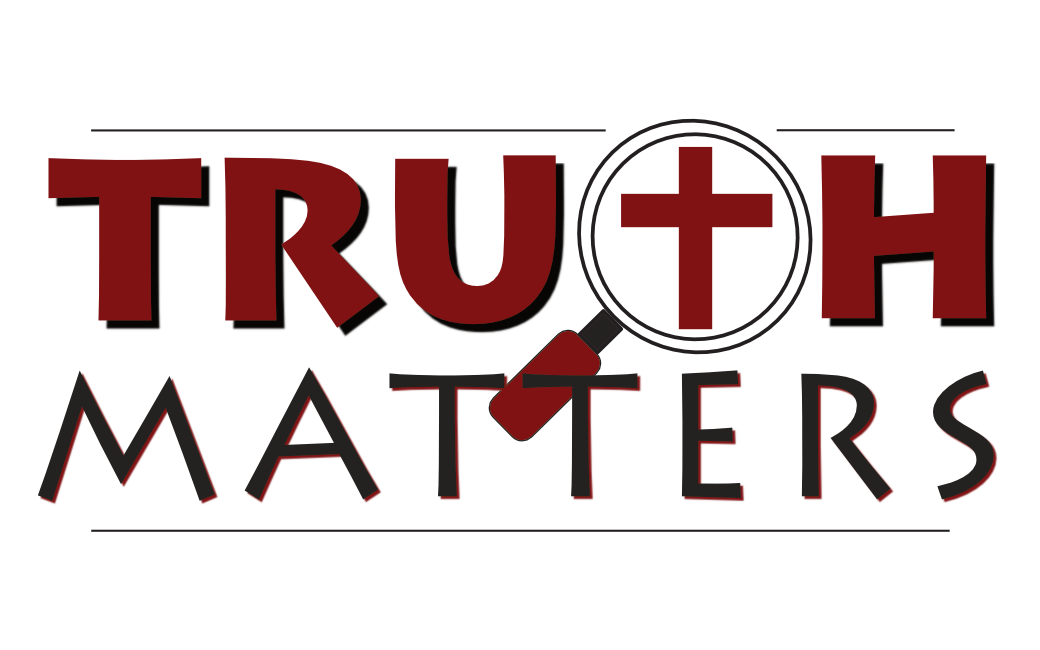Ask the Question: What’s the Evidence?
In our seminars, our speakers frequently show an artistic rendition of a fossil discovery and encourage young and old to ask the question: What’s the evidence? Frequently the newspaper or textbook picture is merely “great artwork” and totally stretches the evidence. A good example of that is when Pakicetus, the long sought-after missing link between land animals and whales was announced. Complete artistic reconstructions of Pakicetus hit the newspapers and magazines showing a whale with legs. Headlines said “Bones Prove Whales Walked.” It looked convincing; however, most people never realized how little evidence was actually found – a few teeth, a small fragment of jaw, and one bone at the back of the skull. That is all – no backbone, no tail, no legs. How can something without legs prove it walked? Later evidence indicates it probably looked more like a long-legged rat than a whale. Unfortunately, the earlier picture is still being used in evolutionary publications even though it is wrong. This is also true of many other fossils including human evolution. Make sure you ask yourself and teach others to ask the question, “What’s the evidence?” You will likely not be too impressed with the evidence for evolution.
Creation or Evolution: Viewing the Evidence Through Different Worldviews
The question is, how can 2 scientists, looking at the same fossils and life forms, arrive at such different conclusions? The data is the same for both creationists and evolutionists. Chemicals react the same way, rocks are just as hard, etc. for both. The debate is not really over the actualdata, but rather over the interpretation of the data and the assumptions made in arriving at these interpretations. While scientists attempt to be objective and unbiased, it is extremely difficult to separate oneself from one’s worldview. If a scientist’s worldview is based on naturalism – that the material universe is all that exists – then all data must be interpreted within that worldview. Therefore, any explanation that includes a supernatural creator or events would automatically be dismissed. If, however, the scientist’s worldview allows for the supernatural, a different conclusion can be reached. Thus, worldview plays heavily in the question of origins. George Wald, a 1971 Nobel Prize recipient and one who helped set the stage for what is currently being taught in biology, said:
“There are only two possible explanations as to how life arose: Spontaneous generation arising to evolution or a supernatural creative act of God . . . there is no other possibility. Spontaneous generation was scientifically disproved 120 years ago by Louis Pasteur and others, but that leaves us with only one other possibility…that life came as a supernatural act of creation of God, but I can’t accept that philosophy because I do not want to believe in God. Therefore I choose to believe in that which is scientifically impossible, spontaneous generation leading to evolution.” (The Origin of Life,” Scientific American, Vol. 190, pp. 46-50)
Even though the evidence for creation is evident, this bias against the supernatural has pervaded most classrooms around the world. Though often called a “theory,” in reality, evolution is usually presented as fact and consequently, students accept it as such. However, in recent years, an increasing number of qualified scientists have presented evidence and interpretations which contradict the traditional theories of naturalistic evolution. Part of the mission of AOI is to expose the evolutionary/naturalistic worldview that is masquerading as science and to disseminate the excellent material which shows the shortfalls of evolution.
Great Evidences for Creation
Best Evidences for Evolution
Some of our Favorite Evidences for God and the Bible
Should a Christian’s Faith Be Based on Scientific Evidence?
The old testament of the Bible reports many times when the people of Israel faced invading armies of tens of thousands. For the small band of Israelites, faith based on evidence would dictate—RUN! However, faith based on the Word and promises of God when He told the leaders, “Stand still and watch,” is what won the victory for that small band. Even in the sciences, faith in the evidence is no substitute for faith in the Word of God. Yes, undoubtedly, there is tremendous evidence for Creation! That seems enough to stand on. However, standing firmly on His active and living Word in our own hearts and lives is even more powerful and trustworthy. If you haven’t experienced that, see “How to Know Your Creator.”
Please call our office or email us at [email protected] for additional resources on these subjects.






